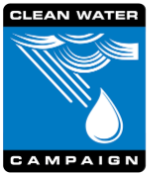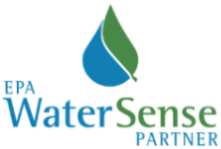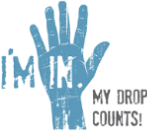Most of us take for granted an abundant supply of clean, fresh water. We meet our daily demands when we turn on the faucet and get seemingly unlimited running water. As the demand for water increases, water conservation and efficiency will be more important to protect water resources, especially during the spring and summer months.
Just how much water do we use each day? Studies show wide variations in different parts of the country, and also between urban and rural households. On average in metro Atlanta, a typical consumer uses 90-100 gallons of water per day. The largest indoor use of water in single-family homes is for toilets, followed by faucets, showers and the clothes washer, according to the Water Research Foundation. It is also estimated that approximately 13% of indoor water use is lost to leaks.
Water use varies with the time of day and season of the year. Households use less water during the winter months. Peak consumption is in the spring and summer, and daily use is typically highest in the early mornings and then again in the evening.


